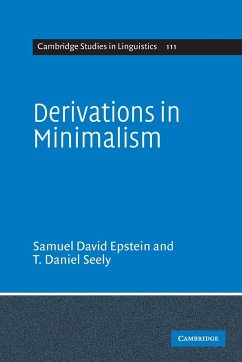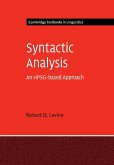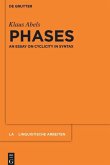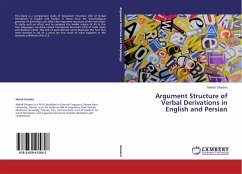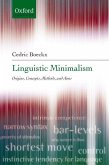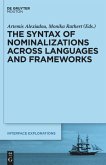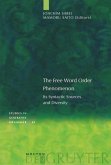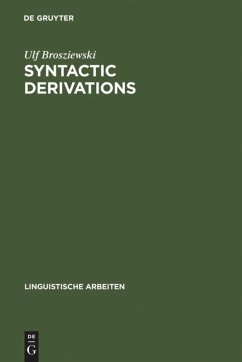This pathbreaking study presents a new perspective on the role of derivation, the series of operations by which sentences are formed. Working within the Minimalist Program and focusing on English, the authors develop an original theory of generative syntax, providing illuminating new analyses of some central syntactic constructions. Two key questions are explored: first, can the Extended Projection Principle (EPP) be eliminated from Minimalist analysis without loss, and perhaps with a gain in empirical coverage; and second, is the construct 'A-Chain' similarly eliminable? The authors argue that neither EPP nor the A-chain is in fact a property of Universal Grammar, but rather their descriptive content can be deduced from independently motivated properties of lexical items, in accordance with overarching principles governing derivation. In investigating these questions, a range of new data is introduced, and existing data re-analyzed, presenting a pioneering challenge to fundamental assumptions in syntactic theory.
Hinweis: Dieser Artikel kann nur an eine deutsche Lieferadresse ausgeliefert werden.
Hinweis: Dieser Artikel kann nur an eine deutsche Lieferadresse ausgeliefert werden.

